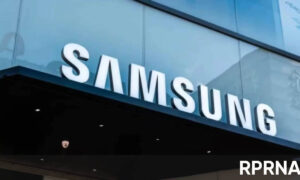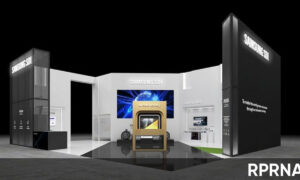With the rapid growth of global semiconductor chip demand, large-scale semiconductor foundries have increasingly increased carbon emissions, even more than traditional car manufacturers.
According to the latest report, citing CNBC, TSMC, the world’s largest semiconductor factory, had carbon emissions of 6 million tons in 2017, 8 million tons in 2019, and rapid growth to 15 million tons in 2020.
It takes about three months to manufacture semiconductor chips from raw materials to finished products. In this process, a large amount of water and electricity are used, which indirectly leads to the emission of a large amount of carbon dioxide. According to Bloomberg News, Intel’s water consumption in 2019 was more than three times that of Ford, and industrial waste was more than twice that of the latter.
Stay tuned with us via Telegram
Another semiconductor foundry, Samsung Electronics, emitted approximately 12.9 million tons of carbon dioxide in 2020, ranking second in the industry. CNBC pointed out that if South Korea is to become a carbon-neutral country by 2050, it must solve the carbon emissions problem of chip factories as soon as possible.
Moreover, many chip manufacturing companies have formulated a series of emission reduction plans, but their manufacturing process restrictions make it difficult to reduce energy consumption. TSMC’s goal is to achieve carbon neutrality by 2050 and increase the use of renewable energy to 40% by 2030. However, in Taiwan, China currently accounts for 90% of coal power generation.
 Furthermore, Samsung has also been actively reducing carbon emissions in recent years. Many of its SoCs, image sensors, and memory chips have obtained carbon footprint labels certified by the Carbon Trust, and carbon emissions during the entire production process have been effectively recorded.
Furthermore, Samsung has also been actively reducing carbon emissions in recent years. Many of its SoCs, image sensors, and memory chips have obtained carbon footprint labels certified by the Carbon Trust, and carbon emissions during the entire production process have been effectively recorded.
Samsung is reducing the commercial use of gases in the chip manufacturing process while increasing the efficiency of greenhouse gas processing. SK Hynix is a member of Apple’s clean energy project, and the company plans to achieve 100% use of renewable energy in 2030.












